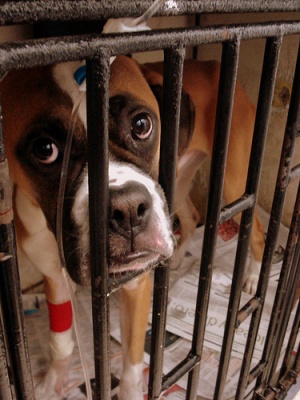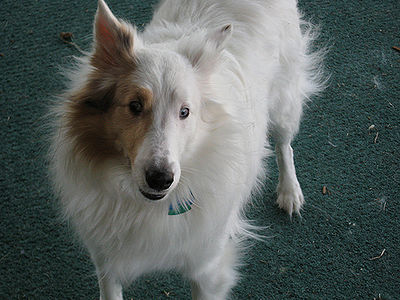
Mammary tumors are the most common type of tumor in unspayed female dogs. Fortunately most of these tumors have proven to be benign., the
Although the latest research shows that early spaying may increase the risk of joint problems and other cancers, it is interesting to learn the effect on mammary tumors.
A large percentage (25%) of dogs that have had benign tumors surgically removed have experienced recurrence of tumors, many of them malignant. The risk of these tumors is that they can metastasize to other parts of the body and shorten the dog’s life.
A study involving non-spayed dogs and dogs spayed at the time of tumor removal surgery was conducted. Results after 7 years of tracking these dogs were that 63% of spayed dogs were tumor-free while 36% % of the unspayed dogs were tumor-free. The difference in death due to mammary tumors in both groups was not significant. The spayed dogs had a greater incidence of malignant tumor recurrence than the unspayed dogs.
Because 42% of dogs with tumors experience regrowth on the opposite side of the original tumor the thinking is that all mammary tissue should be removed at the time of tumor surgery and spaying.
Dogs spayed before their first heat have minimal (0.5%) rish of developing mammary cancer. The risk increase with the age of spaying the dog.
Should a dog be spayed early to avoid mammary cancers? Much more research must be conducted before it is proven that early neutering risks like joint disease and cancer outweigh other risks.
Mammary tumors in cats show an 85% malignancy rate. Spaying shows no significant change in percentages.
Thanks for information to Dr. Ken Tudor, writing on The Daily Vet site.



